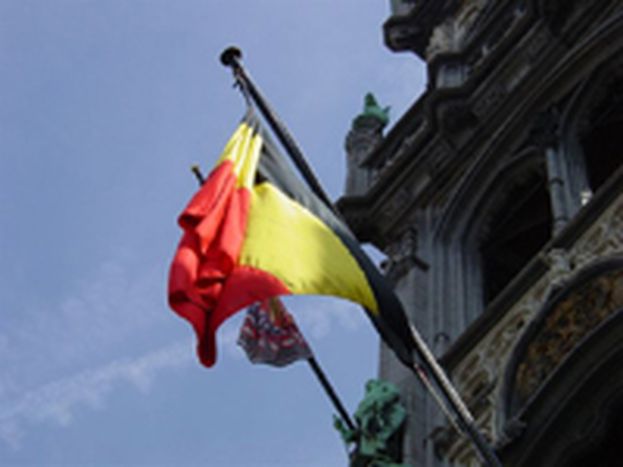
Belgium: a linguistic laboratory
Published on
Translation by:
 greg morris
greg morris
Belgium's autonomous regions aren't speaking the same language.
The ‘flat country’ recently celebrated its 175th birthday and the 25th anniversary of federalism. From a unitary State, Belgium has become a federal State. Following its war of independence from the Kingdom of the Netherlands in 1830, the government allowed nationals to use Dutch, French or German in dealings with the authorities. But now French is often used as the only official, recognised language. This is in spite of the fact that the majority of the Belgian population’s native language is either a dialectic form of Dutch (Flemish, Brabant or Limbourgeois), or one of the idioms derived from Latin (Walloon, Picard, Lorrainne).
Making it official
The year 1873 is an important date in Belgian history as it marks the introduction of the first language laws when French, Dutch and German all became official languages of Belgium. Despite this, the majority of the Flemish wanted Dutch to be the language of administration, teaching and universities. The government responded with the linguistic partition of 1921, recognising territorial monolingualism in three linguistic regions: Flanders where Dutch is spoken, Wallonia where French is spoken and the German speaking region in the East.
In the 1960s, disputes between the Dutch-speaking Flemish and the French-speaking Walloon communities increased. The Wallonians wanted more economic independence while the Flemish objected that public life was overly dominated by the French language.
Territorial Monolingualism
Following student demonstrations by the Flemish movement and French-speakers at the bilingual Catholic University of Louvain, the university was split into two autonomous universities, with a new campus built at Louvain-La-Neuve south of Brussels. This sparked a political crisis that led to the constitutional reforms of 1970, 1971 and 1980. These gave Belgium three autonomous ‘communities’ with jurisdiction over cultural matters, health and social services, and two autonomous ‘regions’ with powers for transport and public works. In Flanders, the Flemish Region and the Council of the Flemish Community chose to merge and in 1989 a new region of Brusselles was created. The reforms of February 1994 brought in a federal democracy under a constitutional monarch with three levels of government: the federal, the regional and the linguistic community.
Education became part of the communities’ mandate in 1988. In 1993, the federal government handed over control of agriculture, foreign trade and social policy, and increased the funds of community and regional governments and parliaments.
It is estimated that out of 10 million inhabitants, 60% are Dutch speaking and 40% French speaking. A small minority of around 70,000 speak German.
Flemish political parties are strengthened by the economic dynamism of the Flanders region. The largest of these, the anti-immigration party Vlaams Blok, was disbanded in November 2004 after the High Court condemned it as a criminal group for incitation to discrimination and racism. The party reformed as Vlaams Belang and continues to lobby for the independence of the Flanders region from Belgium, a country that it calls ‘an artificial construct dominated by the Socialist Francophone minority in Wallonia’.
If Belgium has such problems with three regions, how can Europe succeed with 20?
Languages aside
In France, where the only official language is French, the Toubon Act of 1994 spells out the obligation to teach in French. Regional dialects such as Breton and Corsican taught in certain educational establishments do not possess any official recognition and France still refuses to ratify the European Charter of Regional and Minority Languages, which contains the right to use a regional language in private and public life. In Spain, the 1978 constitution recognises Catalan, Basque and Galician, as well as Castillian. Similarly, in the UK Scottish, Gaelic and Welsh are recognised as official languages.
Translated from La Belgique, laboratoire linguistique


